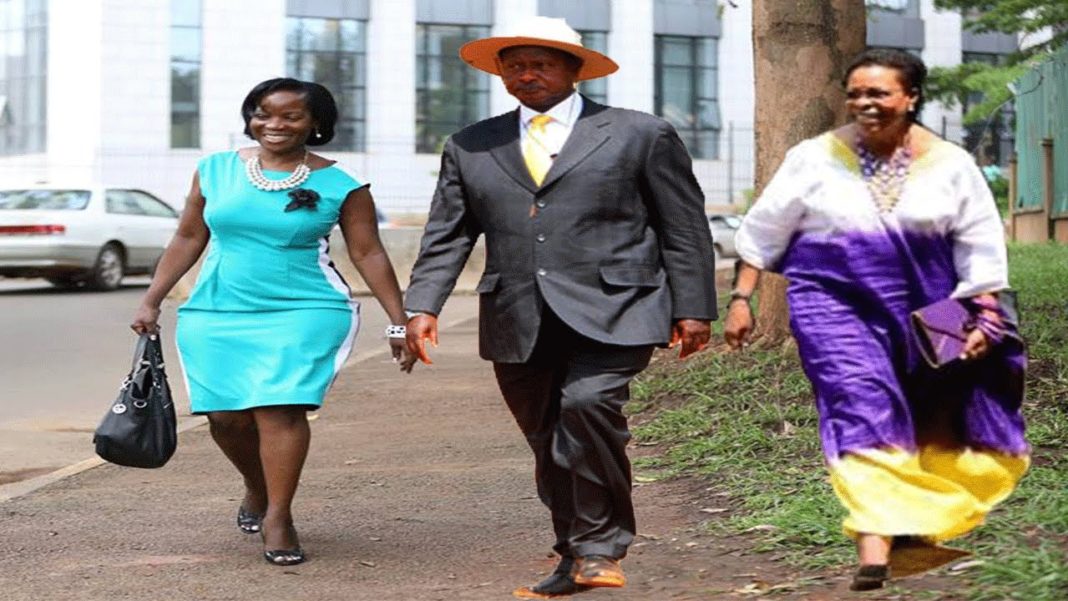Sub Saharan countries are losing an estimated US $2.5 trillion in wealth because of differences in lifetime earnings between women and men, the World Bank Group says in the report released today.
According to the report, the estimated loss amounts to an average of US $2,914 for each person in Sub Saharan countries studied by the World Bank Group between 1995 and 2014.
Globally, countries are losing US $160trillion in wealth. This amounts to an average of US $23,620 for each person in the 141 countries covered.
The study titled, Unrealized Potential: The High Cost of Gender Inequality in Earnings examines the economic cost of gender inequality in lost human capital.
“The world is essentially leaving US $160 trillion on the table when we neglect inequality in earnings over the lifetime between men and women,” said World Bank CEO Kristalina Georgieva. He says this is a wakeup call for world leaders to act now and act decisively to invest in policies that promote more and better jobs for women and equal pay at work.
In nearly every country today, women face barriers to fully participate in the work force and earn as much as men. Because of this, women account for only 38 per cent of their country’s human capital wealth, defined as the value of the future earnings of their adult citizens – versus 62 per cent for men.
In low income and lower-middle income countries, women account for just a third or less of human capital wealth. Programs and policies that make it easier for women to get to work, access basic infrastructure and financial services, and control land could help achieve gender equality in earnings, the report says.
“Human capital wealth accounts for two thirds of the global changing wealth of nations, well ahead of natural and other forms of capital,” says World Bank Group Lead Economist and author of the report Quentin Wodon. Because women earn less than men, human capital wealth worldwide is about 20 percent lower than it could be, he says
According to the report, the losses in wealth from inequality in earnings between men and women vary by region. The largest losses– each between US $40 trillion and US $50 trillion – are observed in East Asia and the Pacific, North America, and Europe and Central Asia. This is because these regions account for most of the world’s human capital wealth.
Losses in other regions are also substantial, the report says. In South Asia, losses from gender inequality are estimated at US $9.1 trillion, while they are estimated at US $6.7 trillion in Latin America and the Caribbean and US $3.1trn in the Middle East and North Africa.
While losses in low income countries are smaller in absolute terms than in other regions, as a share of the initial endowment in human capital, the losses are larger than for the world. The study is part of a broader research program at the World Bank that benefits from support from Government of Canada, the Children’s Investment Fund Foundation, and the Global Partnership for Education.
According to the report, the issue of gender equality in earnings is fundamental and it requires interventions across the lifecycle. Future work, the report says, will consider other economic costs related to gender inequality, including those related to fertility and population growth.
“There are estimates showing the costs and benefits of gender equality to key economic sectors and economic growth,” says World Bank Group Senior Director for Gender Caren Grown. By focusing on wealth, this study is a unique addition to that literature since wealth, and especially human capital, is the assets base that enables countries to generate future income, he says







